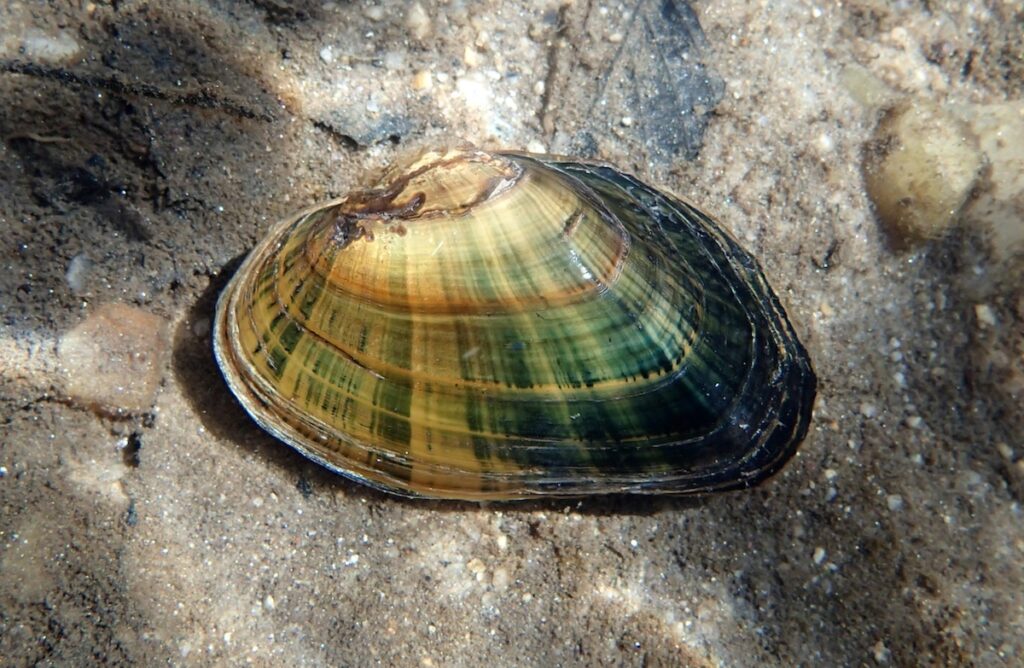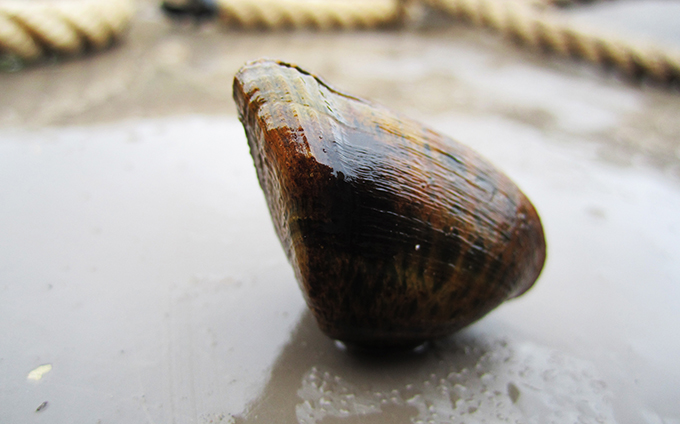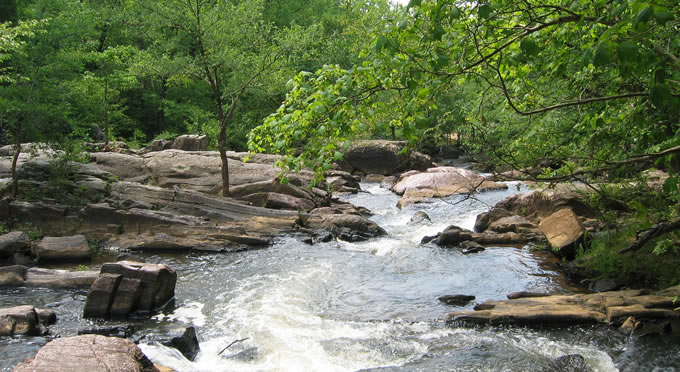Freshwater Mussels — what you need to know
The 411 on one of the most important creatures we have in our rivers
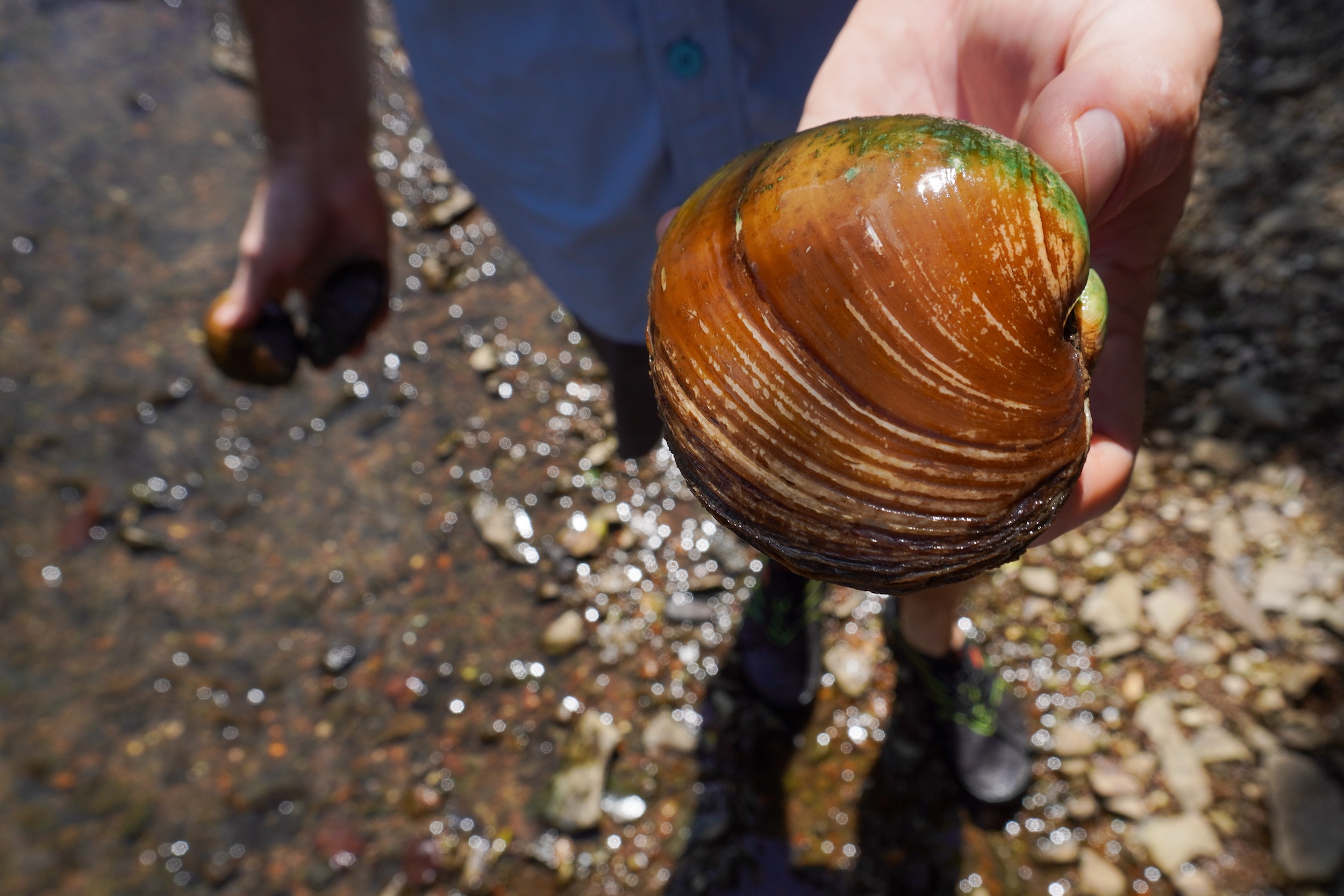
Freshwater mussels literally breathe water clean. They filter out pollutants and create healthy river habitat for thousands of other animal species. Without them, our rivers would be dirtier and devoid of life. But freshwater mussel populations are crashing. We need to help these important river purifiers before it’s too late.
Freshwater Mussel Facts
- Freshwater mussels are filter-feeding animals with two shells like oysters and clams, but they live in rivers and streams instead of the ocean. And no, you wouldn’t want to eat them.
- Freshwater mussels have one of the coolest life cycles! Their babies must hitch a ride on the gills of a fish to complete their life cycle – and they get a ride to a new place to live.
- Freshwater mussels make fishing lures to attract fish to complete their life cycle. Some kinds of mussels can make several kinds of lures.
- Unfortunately, freshwater mussels are facing challenges and their numbers have been declining in recent decades, so American Rivers and our partners are researching this decline to make sure we have these important river filterers for generations to come.
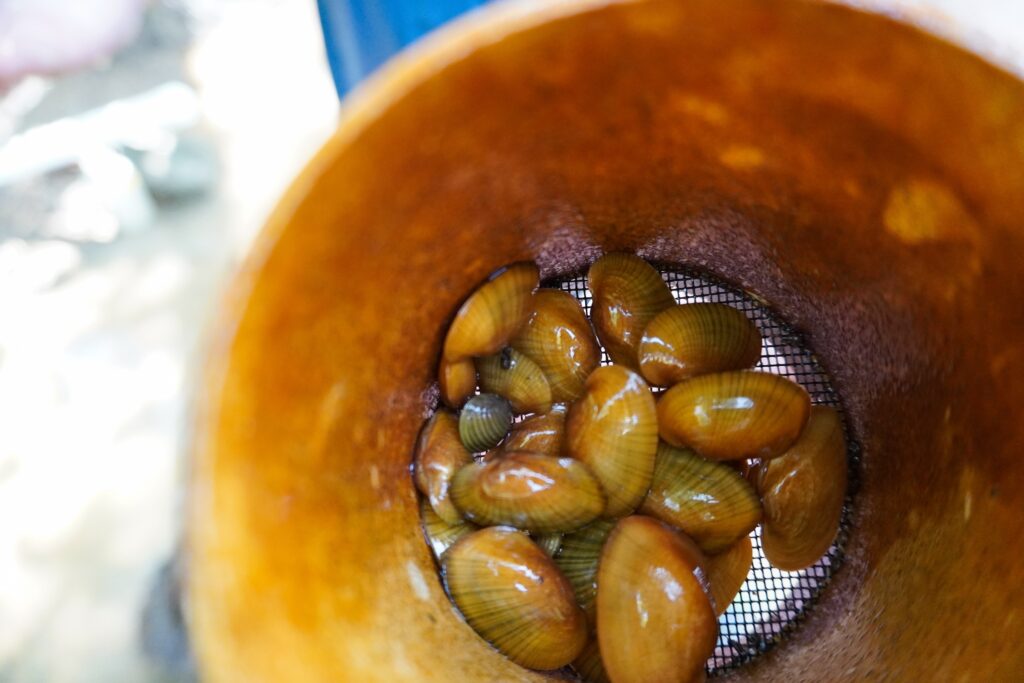
Mussel Assemblage Health Index
To facilitate widespread use of MAHI, American Rivers is proud to make available a tool that allow users to calculate index scores easily using their mussel survey data. Once downloaded, the Excel application works on any system that can open a .xlsx file type. This applications was developed by Traci P. DuBose and Wendell R. Haag, and a full description of MAHI can be found at (link to FWS paper).
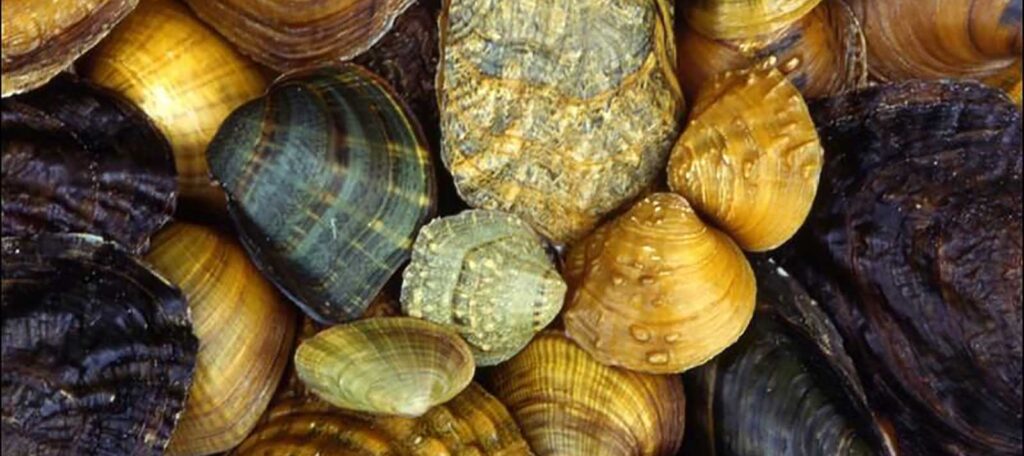
The Science and Mystery of Freshwater Mussels
I had joined this Auburn University field crew on a whim, based on a last-minute invitation. One these biologists was my husband, Andrew. He watched his whole family squeeze into my wet suit, then pointed us toward the creek.
Mussel Research Next Steps
The nation is facing a widespread and precipitous biodiversity decline and freshwater mussels are on the frontline. With support from the BAND Foundation and the Merck Family Fund, American Rivers and the U.S. Forest Service Southern Research Station are leading a broad collaborative effort to investigate why our mussels are disappearing. This work seeks to develop an effective, science-based conservation strategy by better understanding of the causes of mussel declines.
We conducted research at 97 sites across 13 states to examine multiple physical, chemical, and biological factors as potential explanations for mussel declines conducted in cooperation with a network of over 100 mussel experts and other scientists across the U.S. and abroad. This research will be shared widely with the scientific and conservation community, as well as the public and policymakers to ensure future mussel survival and restoration.

